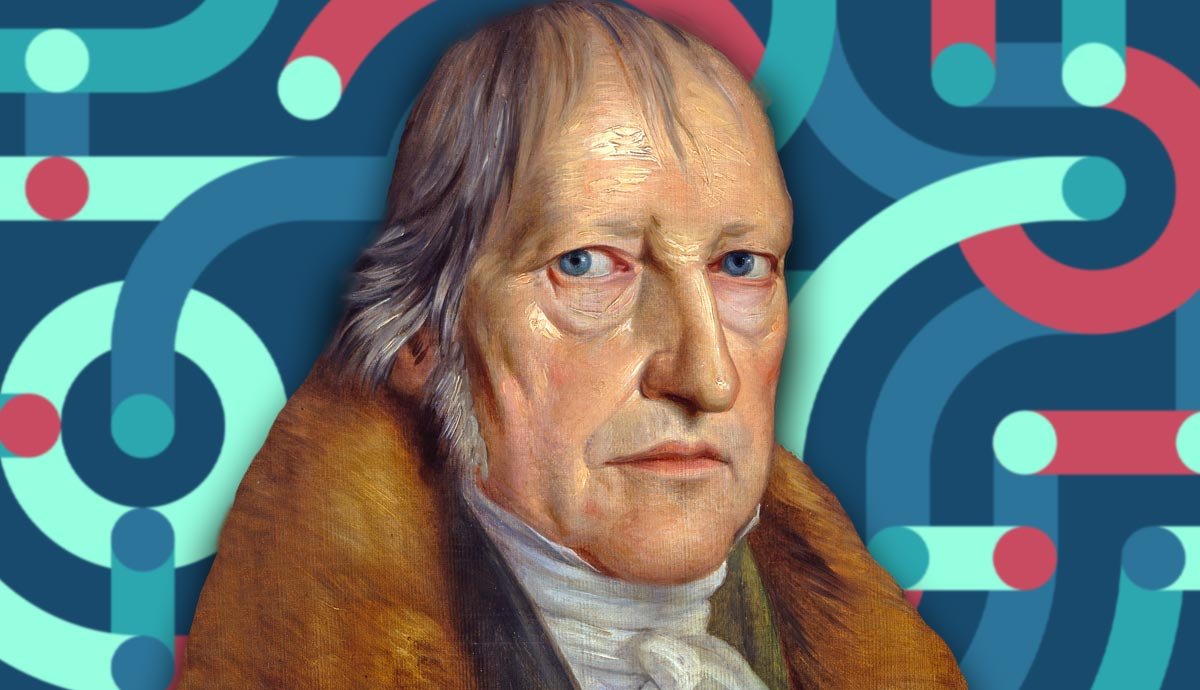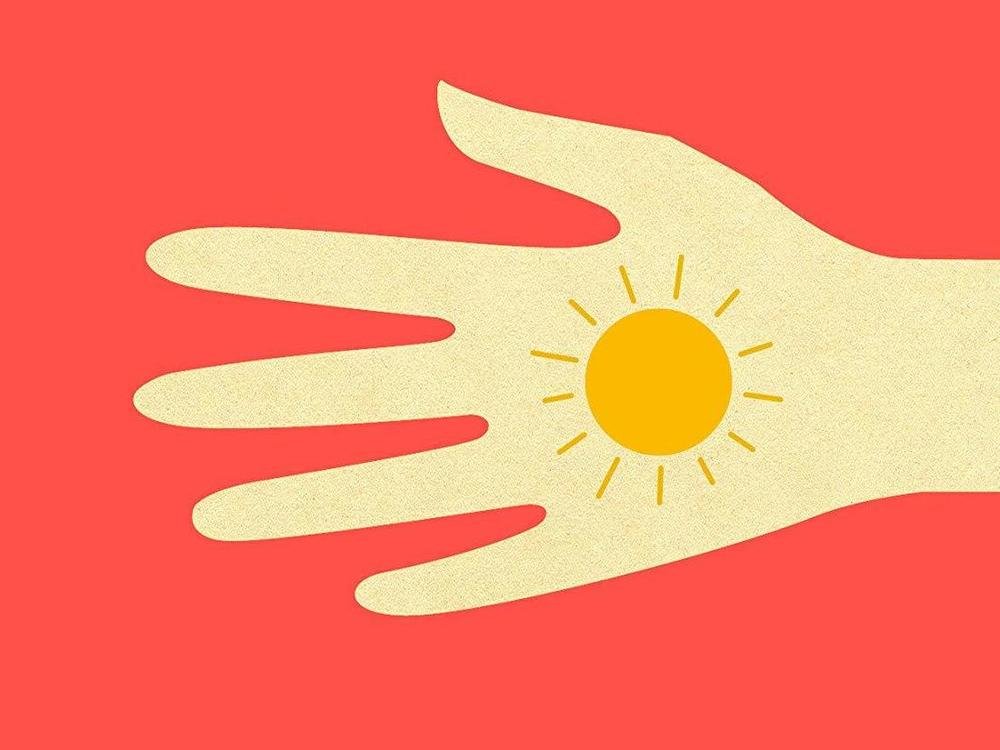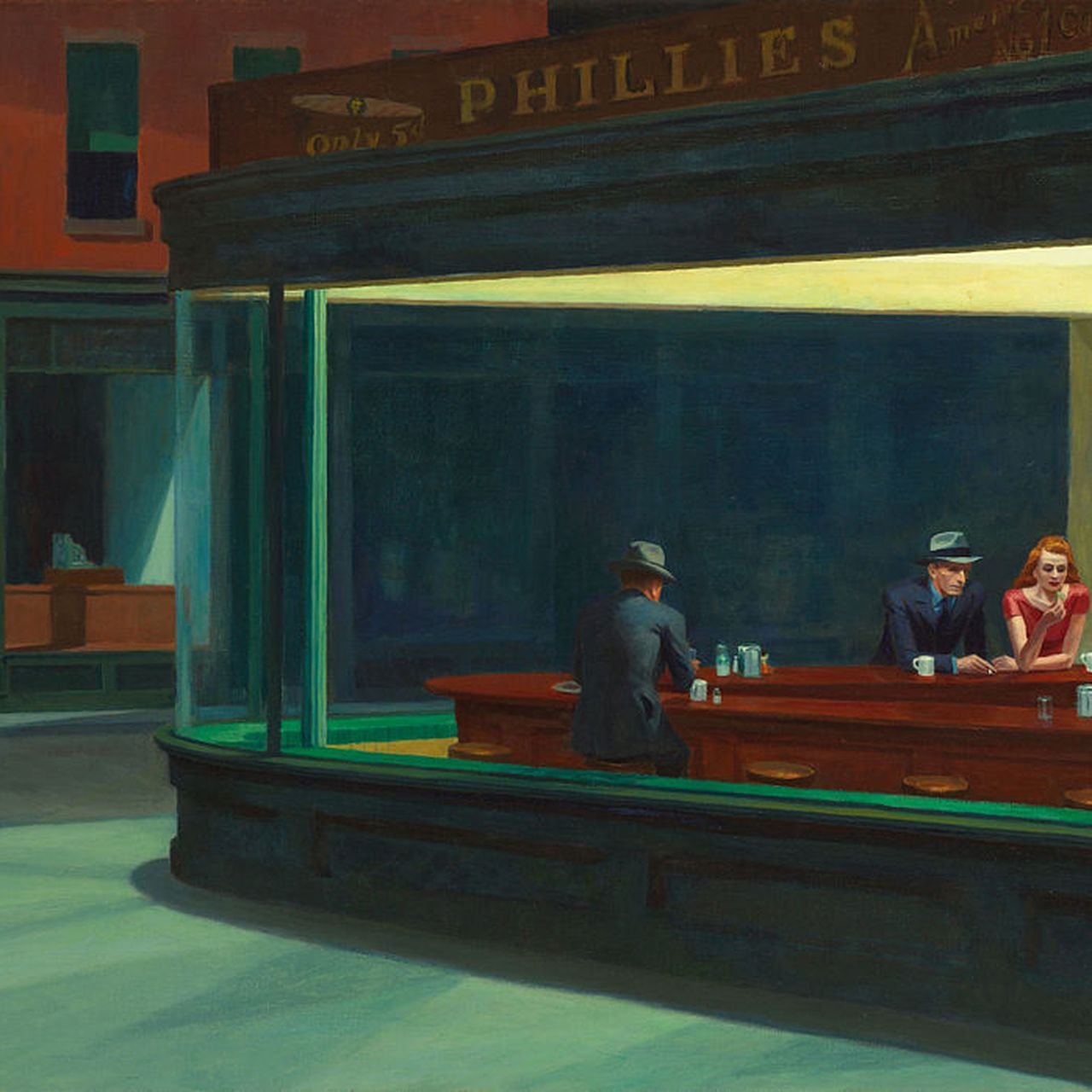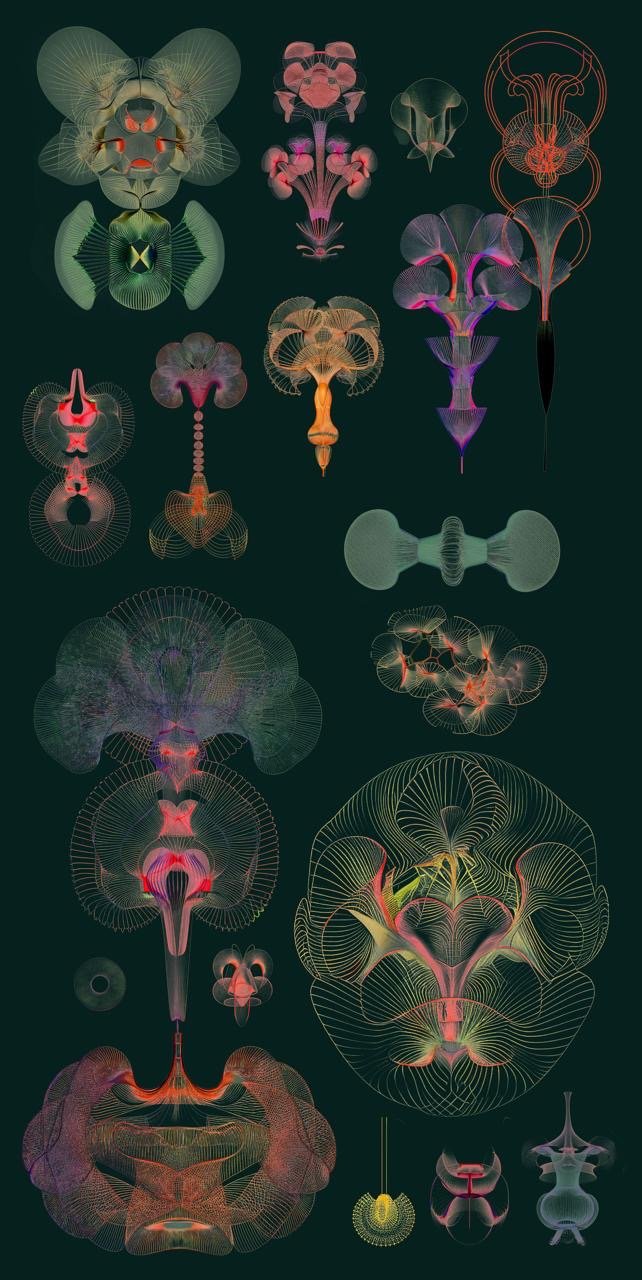Georg Wilhelm Friedrich Hegel (1770-1831) was a German philosopher during the late 18thand early 19th centuries and was key in the development of German idealism. Hegel’s work varies from idealism to the concept of the “Geist”, the philosophy of art, and metaphysics. Therefore, Hegel is not easy to read nor is he easy to interpret or apply to politics.… Continue reading Hegel’s Dialectics and Marxism in Europe
Hegel’s Dialectics and Marxism in Europe























